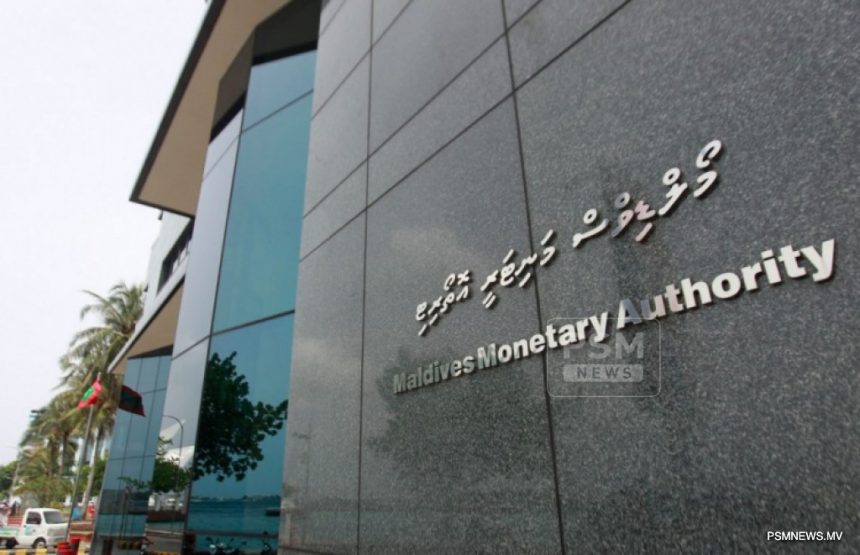The Maldives Monetary Authority (MMA) has announced major amendments to the regulation governing money changing businesses, introducing new categories under Tier 1 licensing and revising associated fees and operational conditions.
Under the updated regulation, funds may now be transferred between licensed entities without requiring a physical counter — a move expected to modernize the money exchange sector and enhance digital compliance. The amendment also introduces two distinct categories under Tier 1 licensing:
- Category A: Businesses permitted to buy and sell foreign currency to the general public, companies, and institutions.
- Category B: Businesses allowed to trade foreign currency exclusively with other businesses.
According to the central bank, institutions operating under Category A may apply for permission to provide foreign exchange services at locations other than their main office. The MMA reserves the right to grant such approval under specific conditions or guidelines.
Applications to operate from additional locations or via non-counter methods require a non-refundable fee of MVR 40,000, while permit renewals carry a fee of MVR 20,000. Furthermore, all Tier 1 license holders must pay an annual fee of MVR 48,000, with an additional MVR 24,000 for each supplementary approved location. This represents an increase from the previous annual fee of MVR 24,000. Licenses under Tier 1 remain valid for five years.
The regulation also caps cash transactions at MVR 50,000 (or equivalent foreign currency) for Category A businesses. Transactions exceeding this amount must be processed through formal banking channels, aligning with international anti-money laundering standards and improving financial transparency.
Revisions have also been made to Tier 2 licensing — which primarily serves the tourism sector. Businesses applying for a Tier 2 license must now pay an application fee of USD 2,600 and a renewal fee of USD 1,300, doubling the previous application fee of USD 1,300.
The MMA stated that these amendments aim to strengthen oversight of foreign exchange operations, improve service accessibility through regulated digital and off-site channels, and ensure compliance with the Maldives’ broader financial regulatory framework.
Industry observers note that the reforms align with the government’s ongoing efforts to enhance monetary governance and support fintech-enabled financial services in the Maldives.




